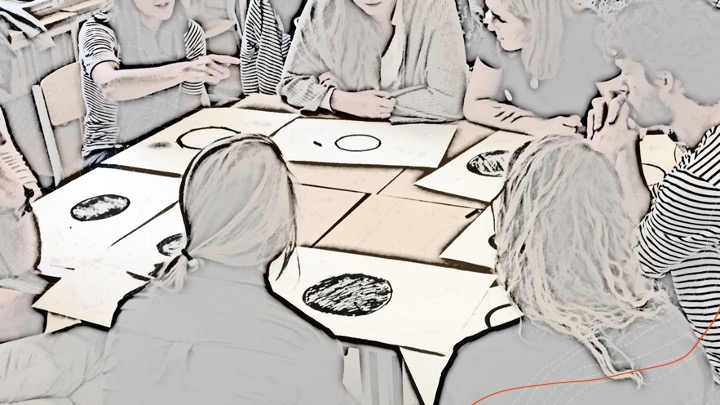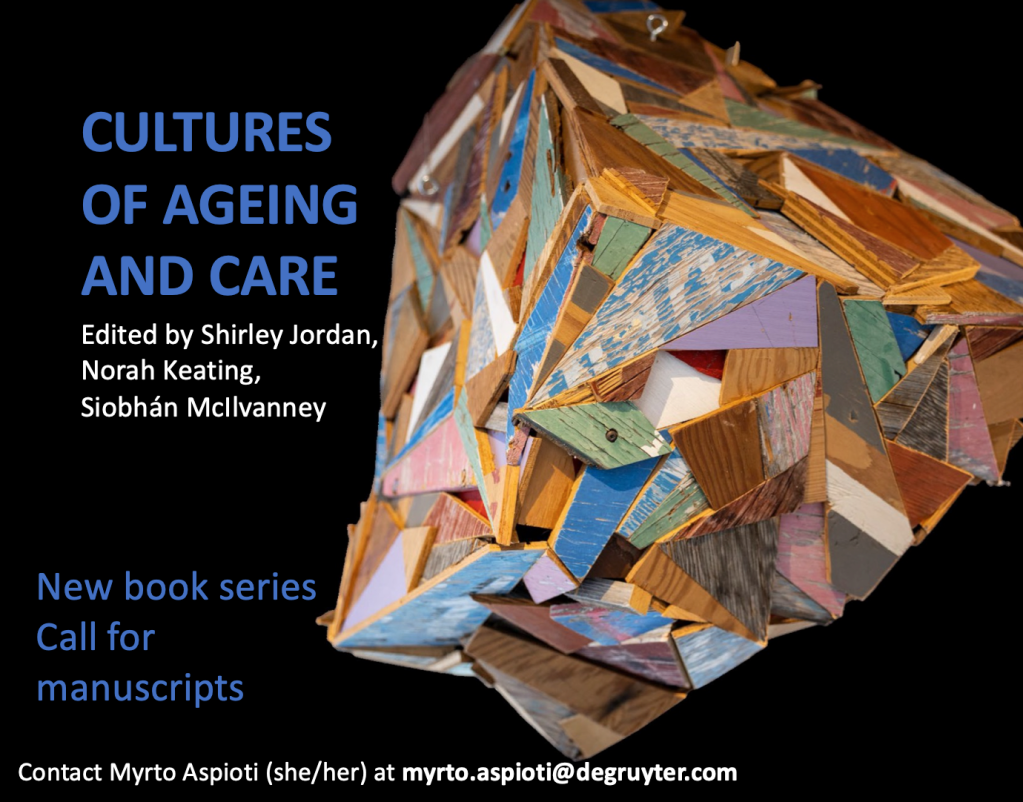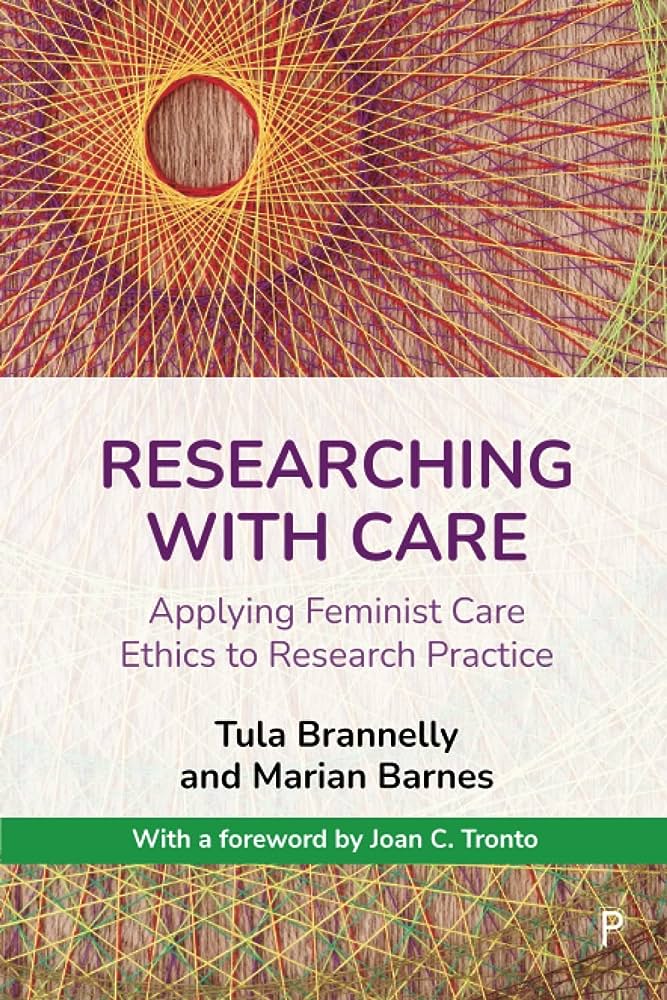Category: Uncategorized
-
International symposium: Futures With Care
Care ethics experienced a “rebirth” in France at the beginning of the 21st century under the influence of Carol Gilligan and Joan Tronto, following the publication of the groundbreaking collection Le Souci des autres, éthique et politique du care in 2006, and the second publication of the French translation of In a Different Voice in 2008, up until the publication of…
-
Careful Thinking: a new podcast
Careful Thinking is a new podcast exploring ideas about care, hosted by Martin Robb from the School of Health, Wellbeing and Social Care at The Open University in the UK. Each episode features an in-depth conversation with a researcher, writer or practitioner at the cutting edge of current thinking about care. Topics covered in recent episodes…
-

Symposium: Picking up Moral Understandings: 25 years on
Ghent University/online 18 September 2024 Abstract Margaret Walker’s Moral Understandings was first published in 1998 by Routledge. Nine years later, a second edition was published in 2007 as part of the Oxford’s studies in feminist philosophy. The two editions were lauded in several reviews as enormously ambitious and deeply original contributions to feminist ethics. Her work was…
-

Call for Contributions: 3rd International Care Ethics Research Consortium Conference, Care, Aesthetics, and Repair
University of Humanistic Studies, Department of Care Ethics, Utrecht, The Netherlands 23-25 January 2025 (on-site) & 30-31 January 2025 (online) Deadline for abstracts: 30 April 2024 What if, as James Thompson asks in Care Aesthetics (2022), care and dependency work were designated as art so these practices might also be understood as having aesthetic qualities?…
-
Interview Maurice Hamington for The Deal with Animals podcast
“We don’t share a lot of things. We don’t really share much language with animals. We don’t really understand all the instincts of animals, but, we do share embodiment with them. And so that becomes a basis for imagining what their perspective is like, just like it becomes the basis for understanding what’s going on…
-
Call for abstracts: Philosophy and Politics of Care
Call for abstract Care is essential in life, because our being is ontologically relational, vulnerable and fragile. Indeed, care is needed to repair our being when it is wounded, to preserve and protect it, and to make it flourish. However, this phenomenon, whose essentiality is evident in daily life, has often been neglected by theoretical…
-

CALL FOR MANUSCRIPTS: CULTURES OF AGEING AND CARE
Research on care, especially in the context of ageing, has become not only popular but urgent in the last few years. We are looking for exciting book projects that explore questions of ageing and care across disciplines and cultures for our new book series. We invite book proposals for a new series on cultures of…
-
CALL FOR BOOK PROPOSALS: Ethics of Care Series
The editors of the Ethics of Care Series (published by Peeters, Leuven) invite scholars to submit proposals for monographs and for edited volumes. This series showcases the work of care ethics scholars from various disciplines and countries around the world; it is also committed to representing a wide variety of approaches and methodologies (political, moral, philosophical, empirical) in…
-

Reflecting on Researching with Care, a new book by Tula Brannelly and Marian Barnes
In the final chapter of ‘Researching with care: applying feminist care ethics to research practice’ (published by Policy Press, 2022) we reflect on what ‘finding’ the ethics of care has meant to us and how it has influenced the research we have done. Those reflections embody what, to us, has been fundamental about feminist care…
-
Call for proposals: CFP Caring Futures: Contradictions, Transformation, and Revolutionary Possibilities, May 2024 in Paris
CFP Caring Futures: Contradictions, Transformation, and Revolutionary Possibilities May 27th-30th, 2024 The American University of Paris, France On the one-year anniversary of the NEH Summer Institute Philosophies of Care gathering in Portland Oregon (July 2022) which brought together a wonderful group of scholars , they are now inviting others into this scholarly care circle to envision…